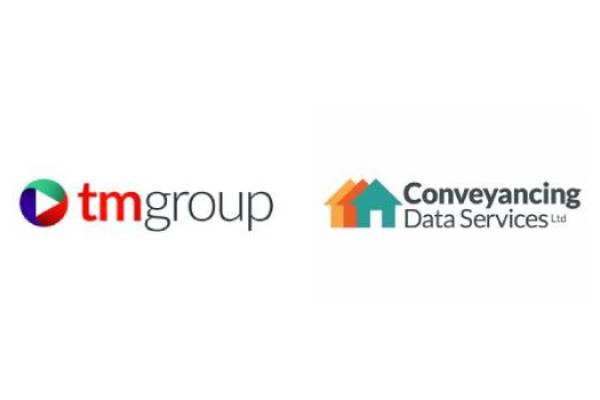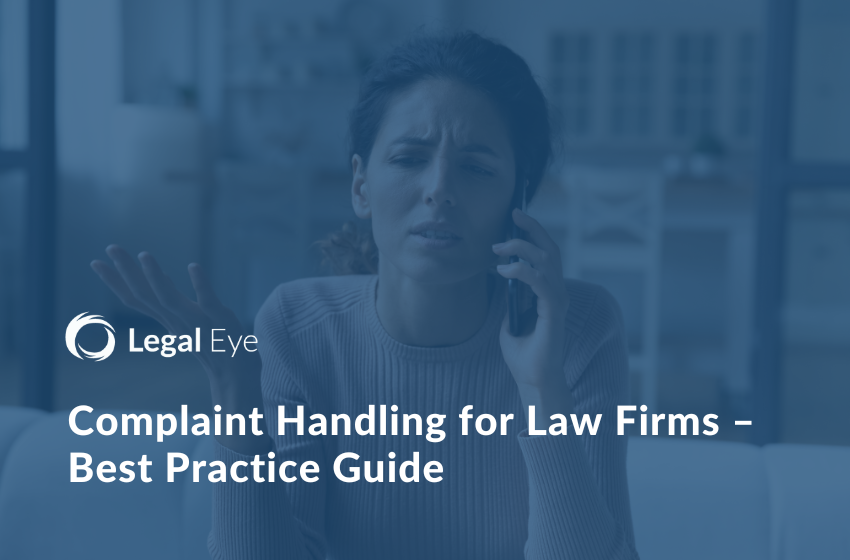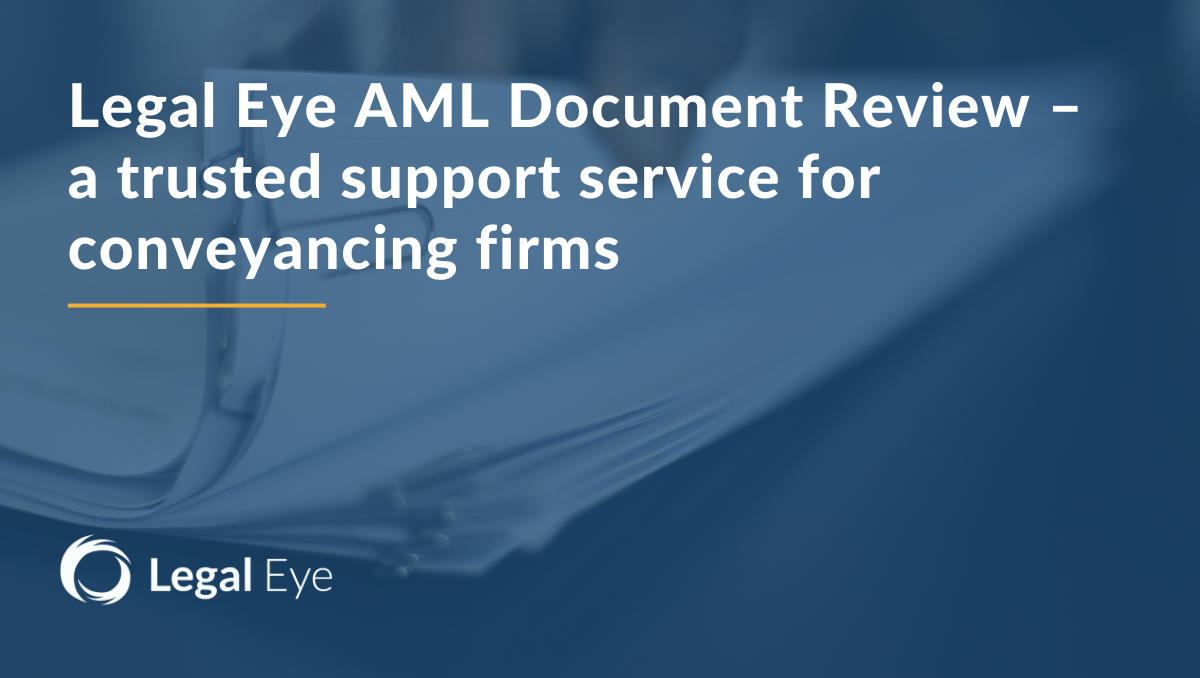Dealing with client complaints effectively is an integral part of delivering high quality client care…
Buying a property, whether to live in or rent out, is a major financial investment, and research into the legal title to the land is a key part of the conveyancing process. The Report on Title document should inform and explain to buyers, in a clear and comprehensible way, what the research means and what to expect, so they are in control of their decision about whether or not to buy.
The amount of information conveyancers are providing for their clients is increasing, and striking the right balance of information can be difficult to manage, and in a way that keeps the client fully informed and mitigates risk to the law firm.
tmgroup has teamed up with IQ Legal Training to examine the Report on Title in closer detail in an exclusive webinar. The session looked at what the document should contain, how to manage client expectations and handle more difficult topics to report on, its limitations and exclusions, and important lessons from case law.
What should conveyancers explain when Reporting on Title?
Ian Quayle, Training Consultant at IQ Legal advises, “When we’re reporting on title, we’re back to this mantra of the provision of information, explanation and advice. Ensure that your report on title is explaining documents, explaining the due diligence process, what is revealed and highlighting risk.”
How far should conveyancers go with searches?
While some searches are essential, conveyancers are encouraged to keep an open mind with regard to other types of searches available. Ian gives this example of when other types of searches may be appropriate, saying “If the client that wants to undertake some form of subterranean activity, perhaps some excavation work to build a garage or swimming pool, or level some ground prior to construction, they might want a geological search in order to determine what’s sitting beneath the surface.”
How to manage transition risks associated to climate change?
Law Society guidance states that buyers should be aware that there may be legislation in this Parliament or future ones, relating to climate change remediation or climate change protection. This may include requirements such as heat source pumps, removal of gas central heating boilers or oil central heating, installation of solar panels or the installation of electrical car charging points.
Ian warns, “These could have a consequence with regard to expense or clients could be compelled to do things that are impossible to be done. This could ultimately impact on marketability or the value of the property that’s being acquired. In essence, what you are required to do is just draw those three risks to your clients attention.”
How should conveyancers deal with co-ownership in the Report on Title?
Co-ownership can be fertile soil for negligence claims because conveyancers can sometimes assume that collective clients are one client. Conveyancers should consider the needs, requirements, demands, levels of understanding or attitudes to risk of individuals. Ian advises, “Provide the client with co-ownership questionnaires to fill in and return to you. Alongside the questionnaire, you then give clients advice about choices, joint tenancy, tenancy in common and equal shares, tenancy in common in unequal shares, and then find out what the clients want.”
Thomas Maerz, CEO at tmgroup, comments, “In addition to keeping buyers informed and providing them with support in their decision making, comprehensive Report On Titles and client communication also provide conveyancers protection by limiting the risk of things that can go wrong.
As a leader in the field of property searches and data services, at tmgroup we take pride in our collaborative approach with clients to deliver effective solutions for a seamless property transaction. Our innovative data services and property searches ensure that property professionals can adopt Report on Title best practices with greater confidence and efficiency.”
Many more expert tips and insights were discussed in the free training webinar, giving residential property legal professionals the chance to expand their knowledge on Reporting on Title and new building regulations. Click here to watch the full webinar.




